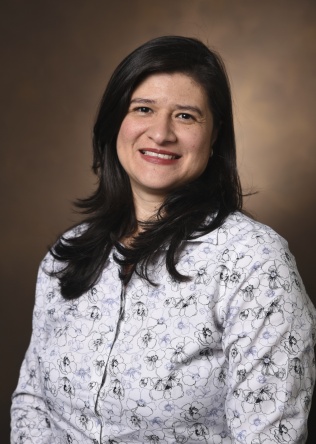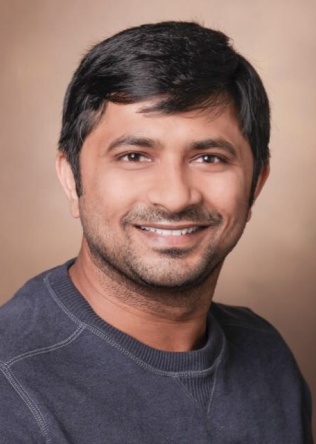Academic medicine on the front lines of the coronavirus outbreak
Antibody isolated at VUMC found to halt dengue virus
Targeting NA to protect against lethal avian flu infection
Genetically engineered mosquitoes resist spreading any form of dengue
Meet the pioneering scientists transforming medicine for millions of people
Highly Cited Researchers 2019
Norma Suazo, M.D.
Norma Suazo Galeano has been living in Nashville since March 2017. She moved to Tennessee to Join the VCC as a Research Specialist II. She is a foreign graduate medical doctor from the country of Honduras, where she worked as a primary care physician, and worked as a liaison between the nonprofit organization, medical doctors, volunteers and the government leaders of the country. Her field of practice includes public health, Child and maternal care as well as general surgery. Norma, also had a position at Georgia Southern University as a research assistant for project Salud es Vida.
Norma is married and has three children who keep her busy but in her spare time she enjoys traveling, volunteering and exploring Nashville’s great outdoors.
Naveen Suryadevara, Ph.D.
Dr. Suryadevara received his M.Sc. in Biochemistry from Andhra University in 2007, and doctorate in Biotechnology in 2015 from Jawaharlal Nehru Technological University Hyderabad, India. His dissertation was focused on identifying susceptible SNP’s in Toll like receptors (TLR’s) and correlation of cytokines in Mycobacterium Lepra infection which resulted in 5 primary research publications. After graduation he worked as a Sr. Technical officer at Center for DNA Fingerprinting and Diagnostics (CDFD, Hyderabad, India). In 2015 Dr. Suryadevara joined Dr. Joyce’s laboratory at Vanderbilt University Medical Center as a postdoctoral trainee. His research was focused on lung-resident memory CD8+ T cells, developed recombinant proteins to install antigen specific CD8+ T cell memory in lungs and mechanisms of MHC class II antigen presentation. During this tenure he contributed to a review and a publication. He was awarded AAI Trainee Abstract Award in 2019 and best Poster Award, North American Comparative Immunology Workshop in 2017. Dr. Suryadevara is now occupying senior staff scientist position in the laboratory of Dr. James E. Crowe, Jr. and is involved in developing methods pertaining to rapid identification of therapeutic antibodies against viral infections.
Ginger DeBellis
Ginger DeBellis is a Project Manager for the Vanderbilt Vaccine Center. She received her B.S. in Biology from Hawaii Pacific University. Ginger spent several years working on Next Generation Sequencing research projects at the Genomic Core Facility at Pennsylvania State University.








